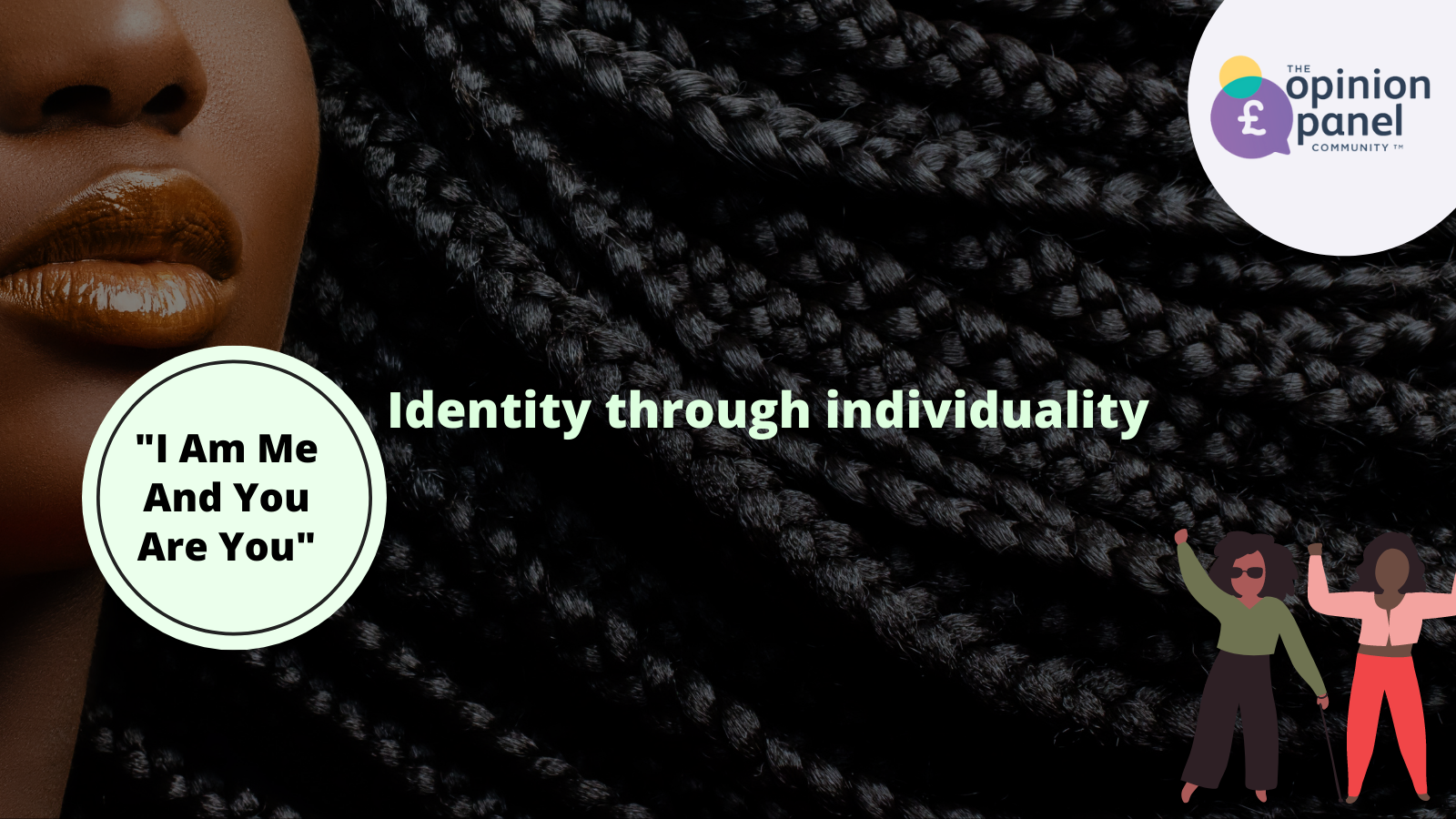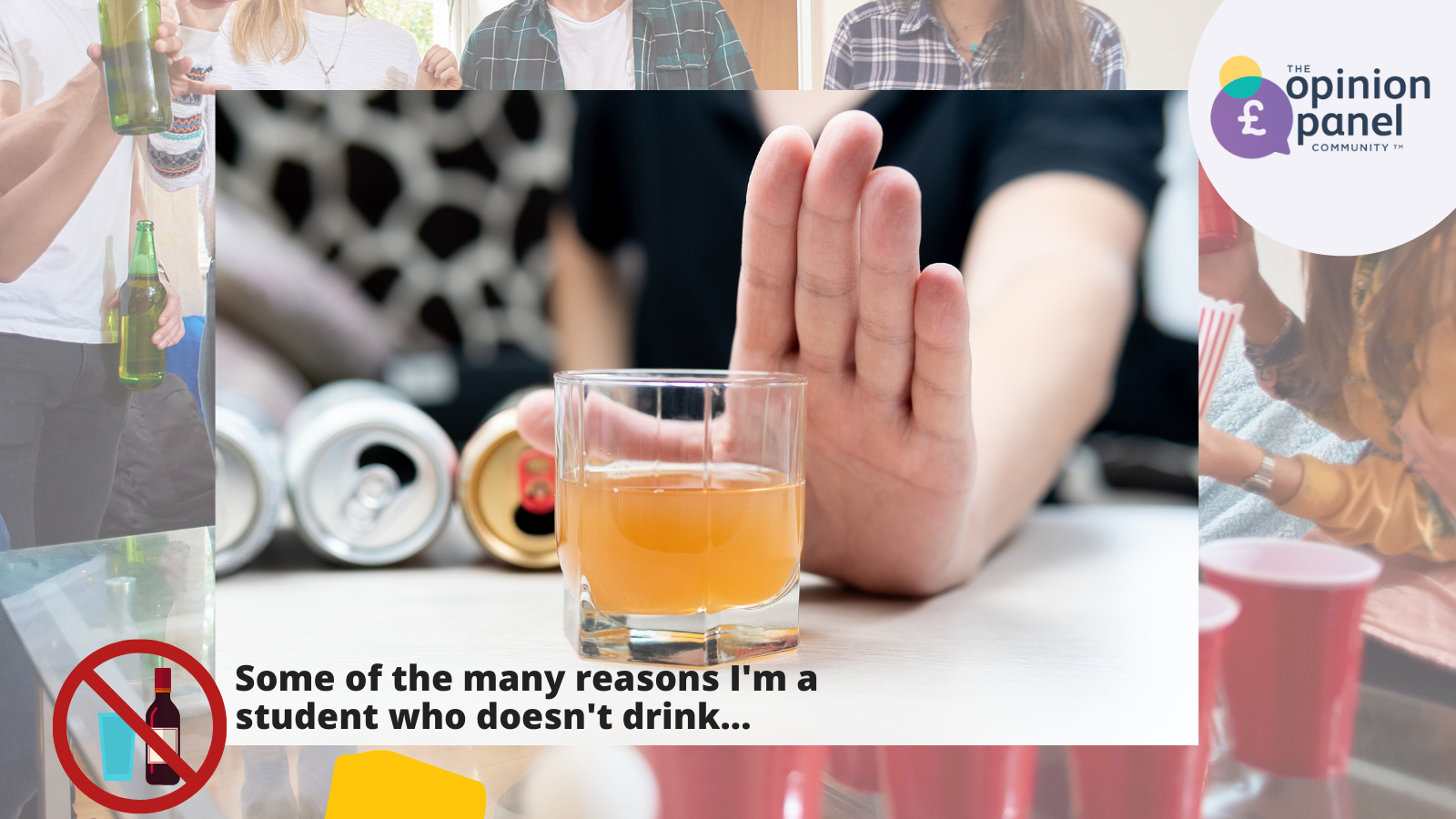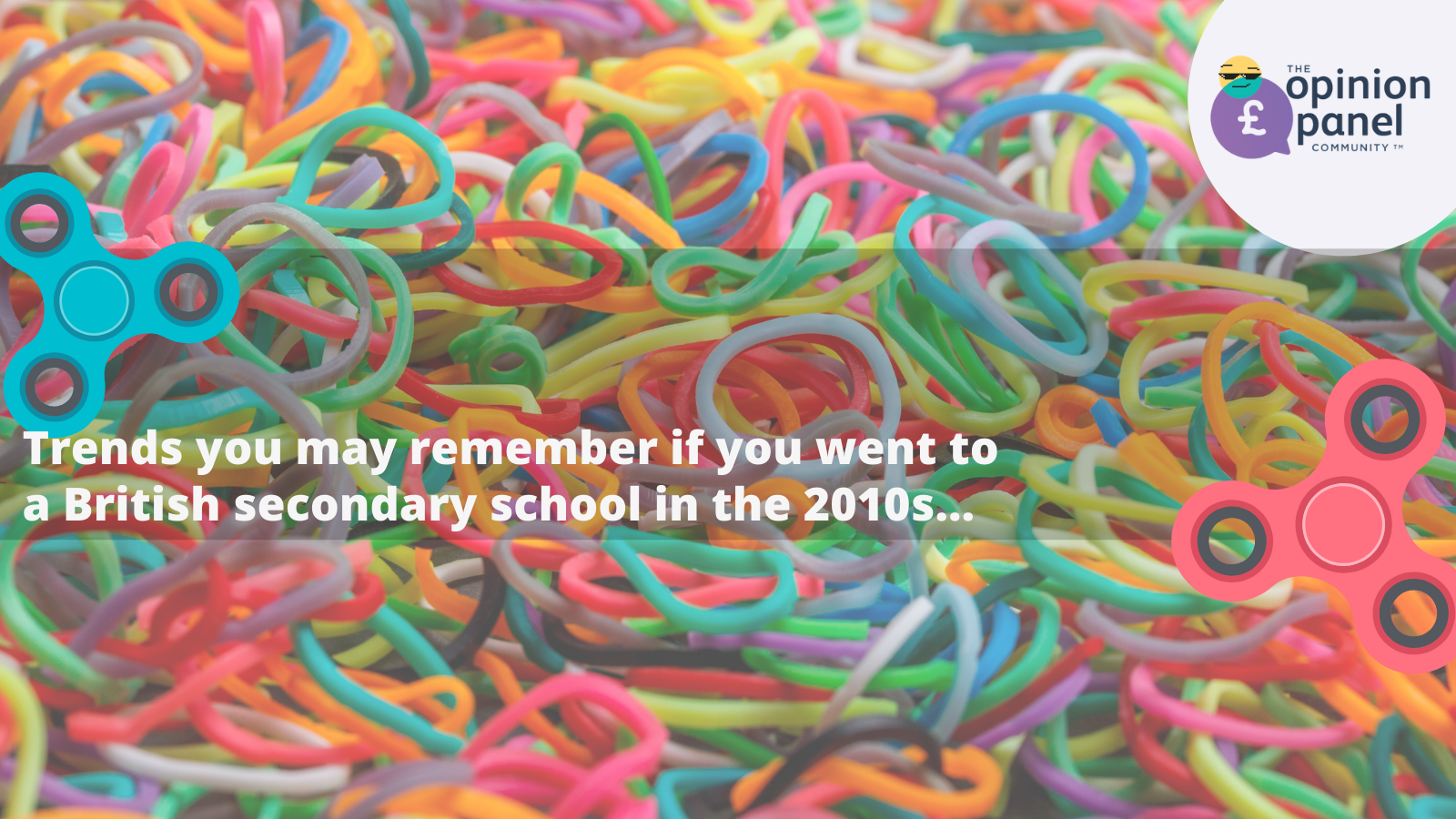
The author of this piece, Uchenna, is a English with Creative Writing graduate and currently doing a Masters in Creative Writing and the Writing Industries… “I wish to draw more attention to/ build an authentic narrative of a black voice which we need to see more in fiction.”. This piece is about individuality and identity
Our identity is defined through our individuality, we should embrace our uniqueness as it is what draws people in and makes them want to learn. By doing this, we break down stereotypes and barriers between people.
There are 4 main things which represent me:
1.Hair
As Solange sings “Don’t touch my hair”.
My natural hair is a thick, kinky, coily mass of afro. If you know me, then you know my hair is usually in braids; so when people see me with my natural hair, there are a load of comments such as:
“Wow, that looks cool!”
“Is that your real hair?”
“It looks so soft!”
These all lead to the dreaded question:
“Can I touch it?”
The problem is not asking (the answer will always be no), it’s acting before the question has been answered. There have been times during secondary school when I have had my natural hair out. One time during French class, I was doing my work when I felt something in my hair. I reached out and felt my puff, the girl behind me had put a pencil in it. She continued to put pencils/pens in my hair even though I told her to stop. Back then I was even quieter than I am now, so when I was telling her to stop, it wasn’t a firm no, I laughed it off. Looking back now, I wish I was more confident in standing up for myself and more vocal about things.
My hair is part of my pride and shapes my identity. My different styles of hair and range of colours used is a way of expression and love for being unique and different. Growing up in a predominantly Asian area didn’t make me cower, but instead made me more inclined to embrace my individuality.
2.Name
My name is Uchenna, the correct pronunciation being oo-chenn-a. However, when someone asks me what name is I pronounce it as u-chenn-a. Now that I am older and more aware of the things in the world, I understand that I do this to the benefit to the person who asks so that they don’t struggle to say my name correctly. This is why nowadays I usually introduce myself with my nickname: Uchay.
The only times I do pronounce it right is when a fellow Nigerian/African asks, as I know they would say it correctly and recognise the name. This is a habit I’m learning to stop because even though it’s a minor difference in pronunciation, the name holds great meaning. Uchenna means God’s Will, and mispronouncing it in a way deflects from that.
3.Personality
There is the ongoing stereotype of black women being loud and aggressive. Yes, we can be lively and energetic but it’s not necessarily a bad thing. But if I’m talking about myself then it’s the total opposite. I am an introvert, I’ve always been quiet and shy but as I’ve grown older, especially during sixth form and this first year of uni, my confidence has grown and I have become more comfortable within social settings.
Some say “You’re so quiet for a black girl”. These sort of views annoy me as it shouldn’t be surprising. I want to be viewed as a human, not as a racial stereotype.
I have asked friends what they would describe me as. One said I am “a goth with colour”, the other said I am “an alien spy who is assimilating with the human race”.
4.Race
I haven’t really experienced racial discrimination in my life, but the only time I have was when I was very young, in primary school. I was with my friends and this one girl said she didn’t want to be my friend because I was black. It upset me a little but I didn’t let it affect me.
I am proud of my blackness which is rich with culture/tradition and I portray it through my dress sense and mannerisms.
All these experiences have helped me to grow and mould my character. I would never compromise my morals or beliefs for anyone’s satisfaction because without difference there would never be a chance to learn.
Can you relate to any of Uchenna’s experiences? How do you define your identity? If you’d like, let us know your thoughts in the comments below 







I feel our identity is fully shown through all of these factors. For me personally, growing up in Belfast, there wasn’t much talk about being different or how we can stand out in a crowd. We have all been raised to just blend in and follow the crowd. It was always a fight to be popular and be the same. Everyone wanted to have the newest clothes and everyone looked and acted the same because that’s what was trending at the time. I feel that as my generation have got older, we are a[...]
Read more
I see that each person has a group of factors which really specify his/her identity.
The point is how to make this identity a great one, so you will be positive and productive person in your home, work, society and avoid being dependent person.
I think… Identity is something everyone struggles with, but what I think it is important to emphasise that being different is essentially being human. People may share physical or mental traits with people, but in one way or another, no two people are the same and that’s what makes this world fascinating and also a challenge which everyone deals with. Identity is not determined by a persons race, or any other attribute they might have, but from who they are as a person
i find it very interesting to learn about struggles that I do not have. It allows me to be more mindful of others.
This is most definitely true! And believe it or not, but many black people do this to each other as well. I don’t experience the type of discrimination of those with kinkier hair, but I do sense the trail that that discrimination has caused and how it affects people beauty standards and how they see themselves! I have loose textured hair, and many people have said that they wanted to touch my hair or have hair just like mine, and it’s nice because of the compliments, but some people do[...]
Read more
I think the article is true most people are judged on their hair , race, ethnicity. I personally think we should change this.
I think the article is quite true. I agree with it
I think…that this article was just true. People are judged with their hair, culture and race more than the quality they have. I think we should change this!
Well said…..
I’m Nigerian too and my name is uchenna…
I feel we are not treated equally and this has to stop.
I find it incredibly fascinating to hear about others experiences and especially about a culture I have no experience of. I would like to read more of her work about her culture and their celebrations.
This has started off on a great note and tone for my first read- I enjoyed it. It was simple and refreshing- well written too. As I read, I was brought back to the vision of a little girl growing up learning to find her voice. I’m from Jamaica hence my community is predominantly black and as such my exposure to racial issues at a young age was pretty minimal, typically we all looked alike. I must note, however, that I completely understand the hair inquisition, black women stereotype o[...]
Read more
For myself – Identity is incredibly important. It’s caused a lot of stir in my life, but also given me a lot of good.
I’ve always had struggles with my hair – its a mess half the time and it often gets pulled by passers-by in college.
I chose my name myself too, so that’s a very pivotal part of my identity to say the least.
And in terms of personality; I’m not sure what to say about myself.